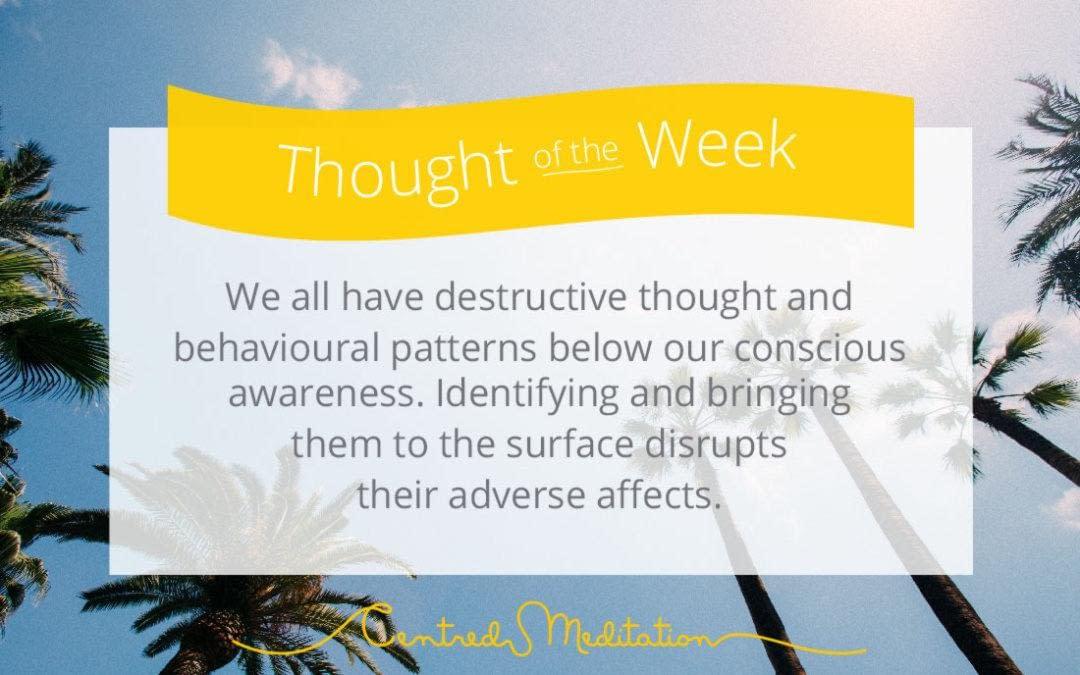Wow, have I been on one hell of a journey this year! As you might recall, I decided to confront my biggest fear and go back to university almost a year ago. In a nutshell, I discovered during a personal development course last year that I had a deep-rooted fear of experiencing the anxiety that I faced during my undergraduate studies and that this had in fact prevented me from going back to complete my Psychology degree all those years ago. I got re-connected to the massive difference I am out to make in the world and how being a Psychologist would only serve to enhance the impact I can have. So I figured it was worth battling it out and potentially unlocking the reason it is such a strong trigger for me in the process.
Heading into my penultimate (a fancy word for second-last) unit, I can safely say that I have done it – I am finally free from anxiety! It certainly hasn’t been a walk in the park (you might recall this incident towards the beginning), but I have successfully managed to rid myself of the constraints that anxiety has imposed on me since my first panic attack in high school. One of the insights I have uncovered along my journey is a subconscious pattern that I undergo in the face of potential failure. Here is what a typical response looks like for me: It’s Friday afternoon and I have just sat down to begin working on a 1500 word essay due on Sunday night. I’m reading through a research paper when the language starts getting increasingly complex and I can’t comprehend what it means. Suddenly my heart begins racing and my palms start sweating. “I can’t do it” automatically flashes through my mind. I catch wind of this thought and latch onto it. “I’m just not smart enough…there’s not enough time…there’s no way I can get it all done”. The overwhelming anxious sensations intensify and the thoughts escalate to another level: “Why I am putting myself through this? It’s not worth it. Just quit!”. Realising at this point that I’ve become irrational, I calm myself down by reassuring that it doesn’t matter what marks I get, I don’t really care if I don’t do well, and I just need to get through it. This tactic works in the interim but doesn’t serve me in the long run.
What’s interesting to note is that this same pattern transfers across all aspects of my life, whenever I am confronted with some form of potential failure (big or even small…such as not getting what I want during a conversation with Kevin). So how does knowing all this help? Well since we can’t un-know what we know, I am now armed with a choice each time I see this pattern arising. I get to remind myself that a) I’m feeling anxious because I believe I’m not capable enough, b) the feelings are comprised of mere physical sensations and won’t kill me, c) I CAN do it because I have proved time and time again that I am indeed highly capable, and d) I do care about doing well (or getting what I want) and it’s ok that I am reacting the way I am, I don’t need to pretend I don’t care to make myself feel better.
How is this relevant for you? Well… we hate to break it to you but you have your own version of this pattern going on right now. And chances are it’s most probably below your conscious awareness. Luckily, your regular meditation practice is naturally bringing it to the surface, but if like us, you are eager to transform it faster, then you need an expert who is skilled in uncovering your blindspots. This allows for those practicing meditation to relax. Making the blindspots more identifiable. But that isn’t for everyone. That’s precisely why we have called in Walter Bellin, a 50 year meditation and development coaching veteran for our Centred Edge Peak Performance Program starting in 4 weeks time. Not only will you learn a self-directed meditation practice, you will discover what it takes to be truly mindful, learn effective techniques to break recurring patterns, and build social-emotional intelligence to unleash your leadership prowess.


